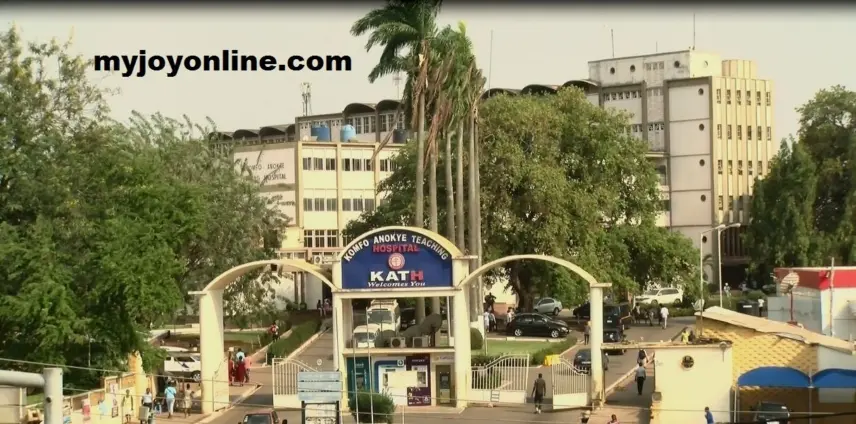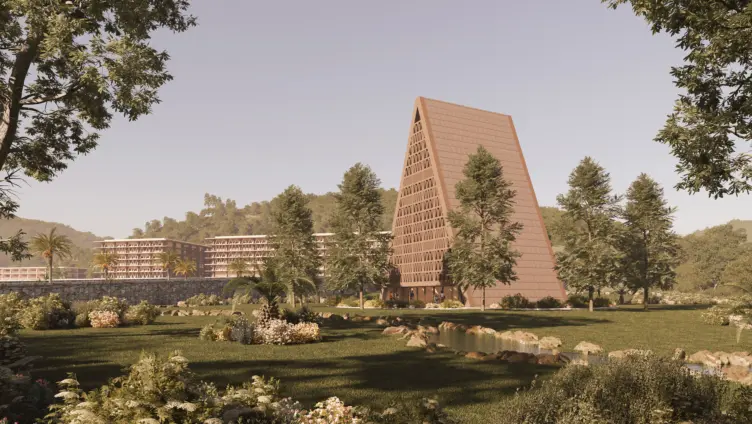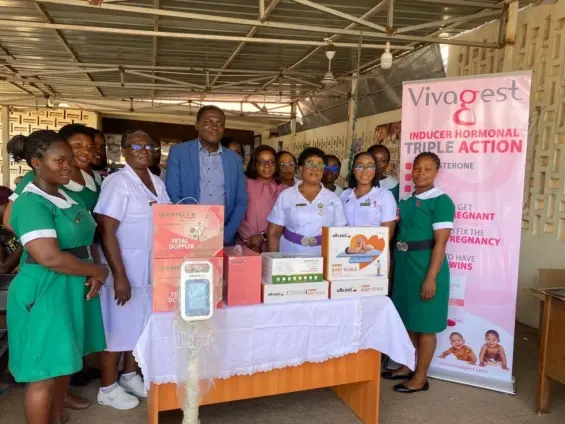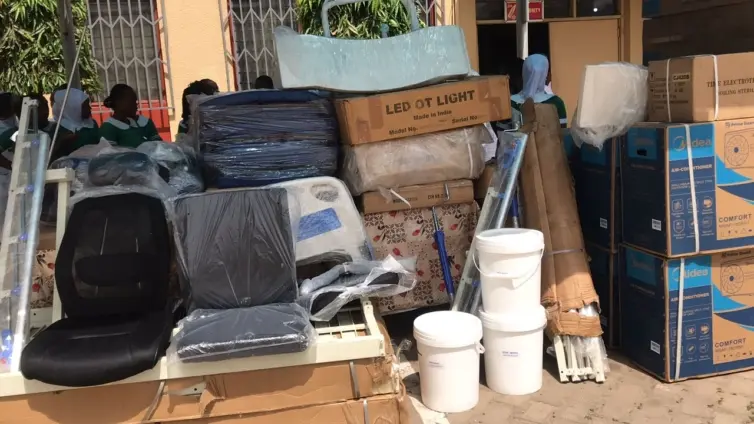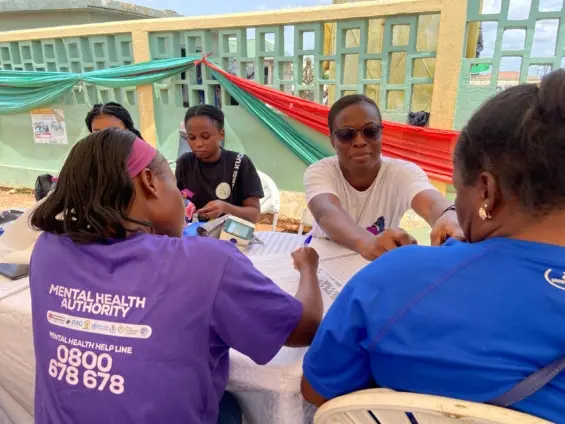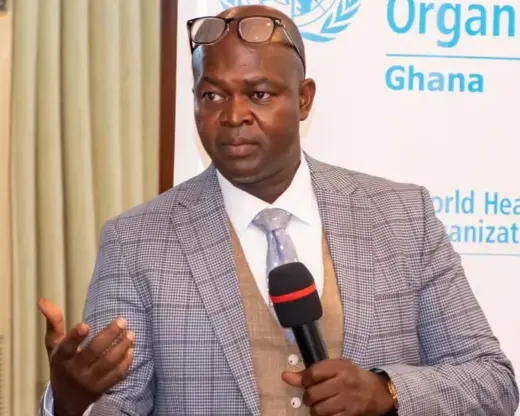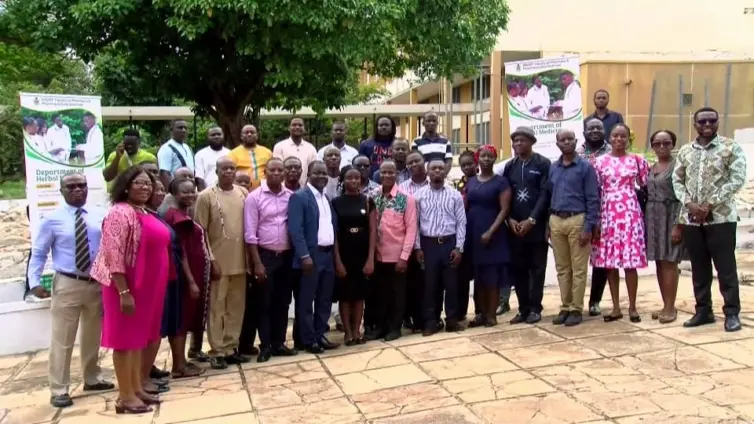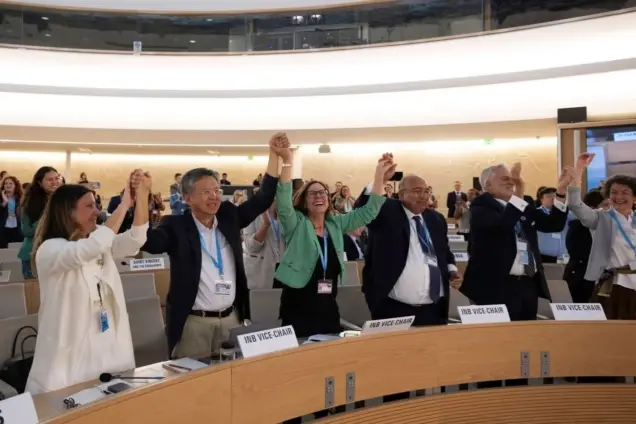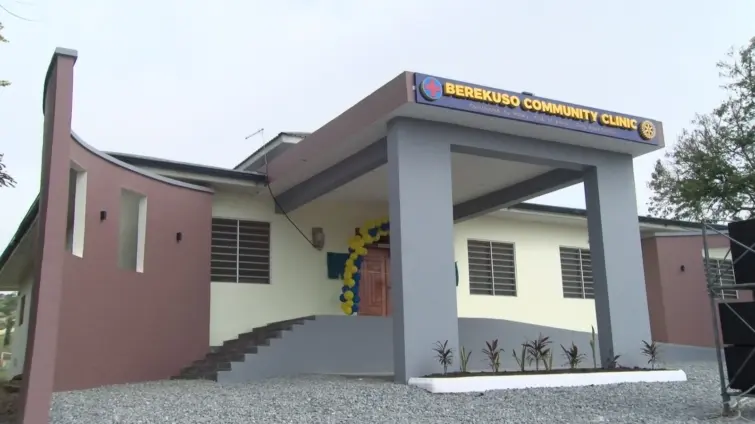Dufie, a resident of Accra, knows the feeling all too well: the sudden, urgent need for a washroom while navigating the bustling city. But too often, the doors are locked, a stark reminder of a pervasive problem in Ghana. Public washrooms, meant to serve the community, are frequently inaccessible, leaving citizens to grapple with indignity and potential health risks. This isn’t merely an inconvenience; it’s a multifaceted issue that touches upon public health, human dignity, and the fundamental responsibilities of the state. This article delves into the critical need to unlock Ghana’s public washrooms, exploring the legal and moral imperatives that demand immediate action.
The consequences of locked public washrooms extend far beyond mere inconvenience, impacting public health in significant ways. Ghana’s Public Health Act, 2012 (Act 851), mandates environmental health and sanitation. However, inaccessible washrooms directly contradict this mandate, pushing individuals towards unsanitary alternatives. With limited access to proper sanitation, open defecation becomes a grim reality for many.
The act of relieving oneself in open drains, streets, and bushes contributes significantly to the spread of diseases such as cholera and typhoid. Statistics from the World Health Organization (WHO) and UNICEF consistently highlight the strong correlation between poor sanitation and disease prevalence in Ghana. A lack of accessible public washrooms exacerbates existing vulnerabilities, particularly for those with kidney and prostate issues, for whom timely access to sanitation facilities is a critical health necessity. Imagine the stress and potential medical complications caused by the inability to find a functioning washroom when urgently needed.
Beyond the immediate health risks, the inaccessibility of public washrooms directly undermines human dignity. Article 15(1) of the Ghanaian Constitution unequivocally states that “the dignity of all persons shall be inviolable.” Yet, the simple act of needing to beg for a key to a public washroom, or worse, being forced to relieve oneself in the open, strips away a person’s sense of self-respect and inherent worth. This situation is further compounded when considering international human rights norms. The Universal Declaration of Human Rights and the International Covenant on Economic, Social and Cultural Rights both emphasize the right to dignity and an adequate standard of living, which undeniably includes access to proper sanitation.
“The dignity of all persons shall be inviolable.” – Article 15(1) of the Ghanaian Constitution
By routinely locking public washrooms, society sends a message that basic human needs are not a priority, effectively normalizing indecency and eroding the very foundation of a respectful and equitable society. The message becomes clear: some people’s basic needs simply don’t matter.
Local authorities bear a significant responsibility in ensuring the availability and maintenance of public washrooms. However, the widespread practice of locking these facilities, particularly in state institutions, represents a clear dereliction of statutory duty. The excuse of a “no maintenance culture” often surfaces, but this is a fallacy. Proper maintenance is not a matter of culture; it is a direct product of effective planning, responsible budgeting, and diligent management. To blame a lack of maintenance on cultural traits is to deflect responsibility from those who are entrusted with the task of providing and overseeing these essential amenities. It is not a lack of will from the people, it is poor planning and a lack of enforcement.
The consequences of inaccessible public washrooms extend to the environment. The Environmental Protection Agency Act, 1994 (Act 490) sets the mandate for the EPA to protect and improve the environment. Open defecation and urination, direct consequences of locked public washrooms, directly contradict this mandate. Such practices inevitably lead to the pollution of water sources and land, creating a hazardous environment for all. This issue also undermines Ghana’s commitment to the Sustainable Development Goals (SDG 6), which aims to ensure access to clean water and sanitation for all.
The challenges associated with maintaining accessible and well-maintained public washrooms can be overcome with pragmatic solutions. Robust design and active community involvement can mitigate both safety and maintenance risks. Exploring commercialization models and establishing public-private partnerships can offer viable pathways to financial sustainability. Implementing nominal user fees can provide a dedicated stream of funding for washroom upkeep and the employment of attendants. The cost of inaction far outweighs the investment required to ensure accessible public washrooms. Healthcare expenses related to sanitation-related illnesses, lost productivity due to illness, environmental damage caused by pollution, and the erosion of human dignity all contribute to a significant economic and social burden. When it comes to public washrooms, a small amount of investment can provide a tremendous return for the country.
The government, particularly the Ministry of Local Government and Rural Development, must take urgent and decisive action, in collaboration with the Ministry of Health and the EPA. The first step should be to enact a national policy mandating accessible public washrooms in all state-owned and publicly accessible buildings. This policy must be accompanied by clear guidelines for design, maintenance, security, and sustainable funding mechanisms. It is time to move beyond short-term fixes and implement a comprehensive, long-term strategy that prioritizes the needs of the Ghanaian people. Access to public washrooms is not a luxury; it’s a necessity.
The time for excuses is over. Unlocking public washrooms is crucial for upholding human dignity, safeguarding public health, protecting the environment, and building a more just and equitable Ghana. Accessible public washrooms are a reflection of a society that values the well-being of all its citizens and is committed to ensuring that basic human needs are met with respect and dignity. Let us collectively demand that the state fulfill its duty and guarantee accessible public washrooms for every Ghanaian, creating a nation where everyone can live with dignity and access basic sanitation.
Image Source: MYJOYONLINE


